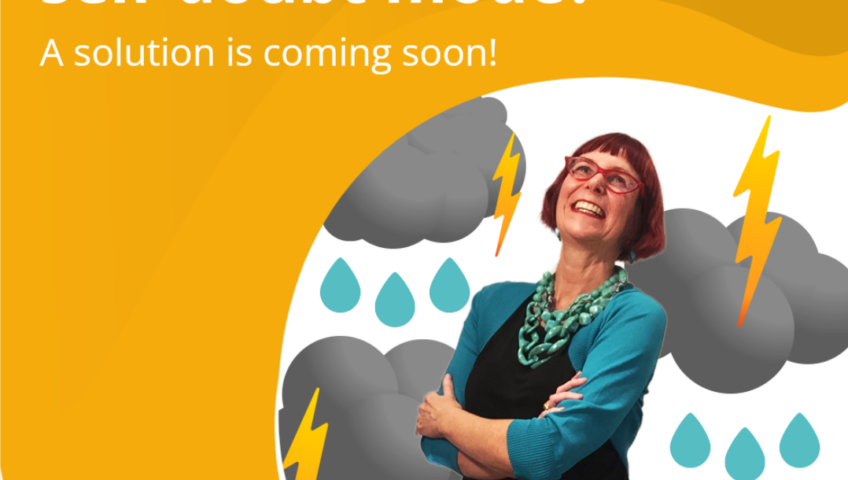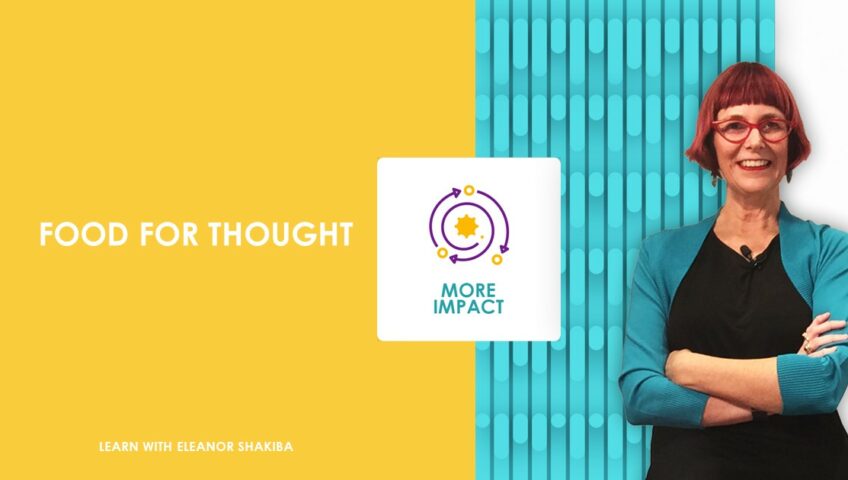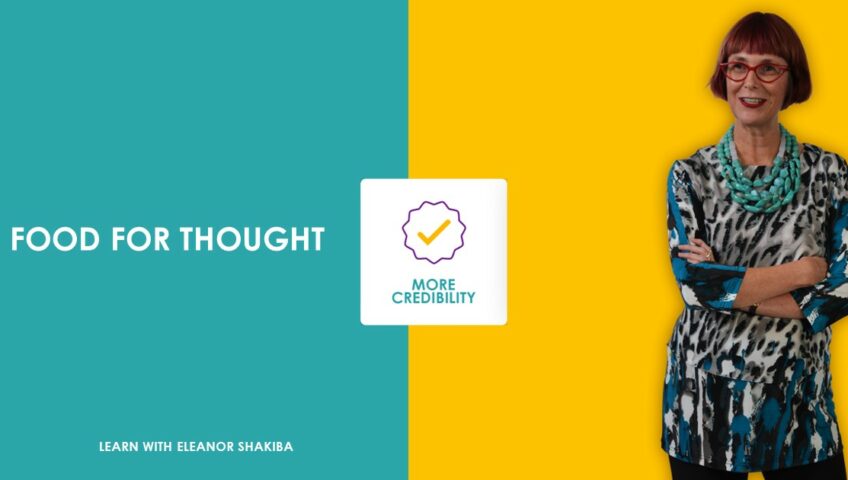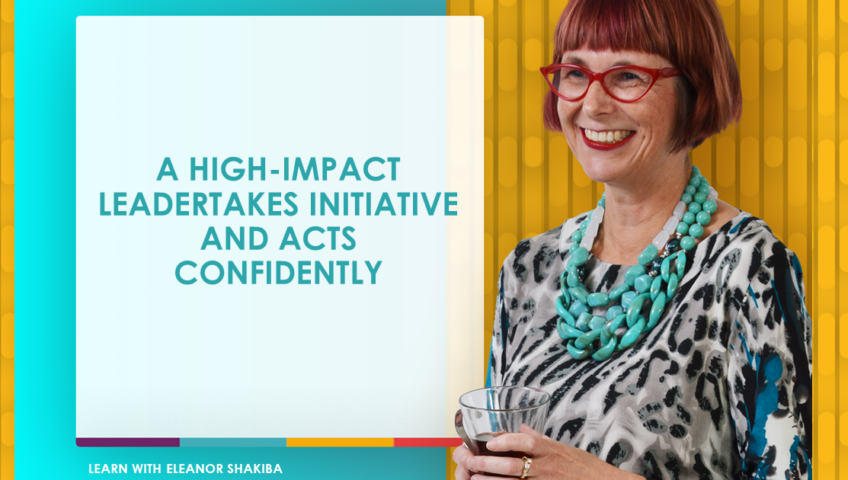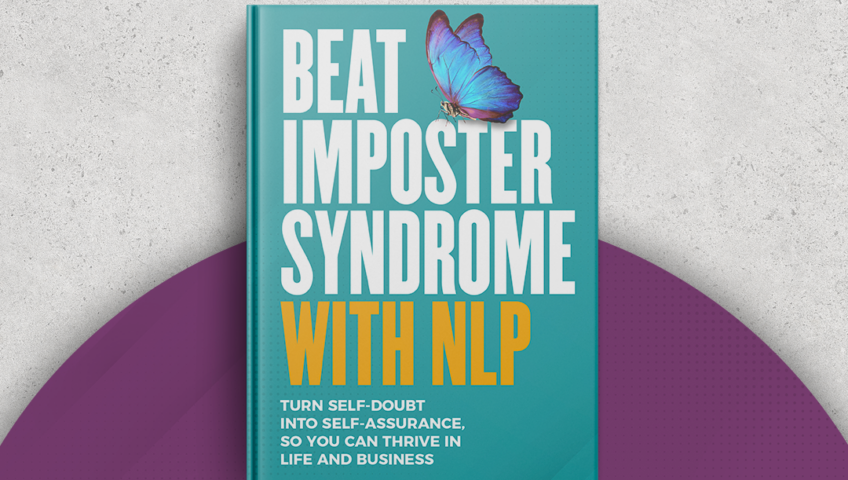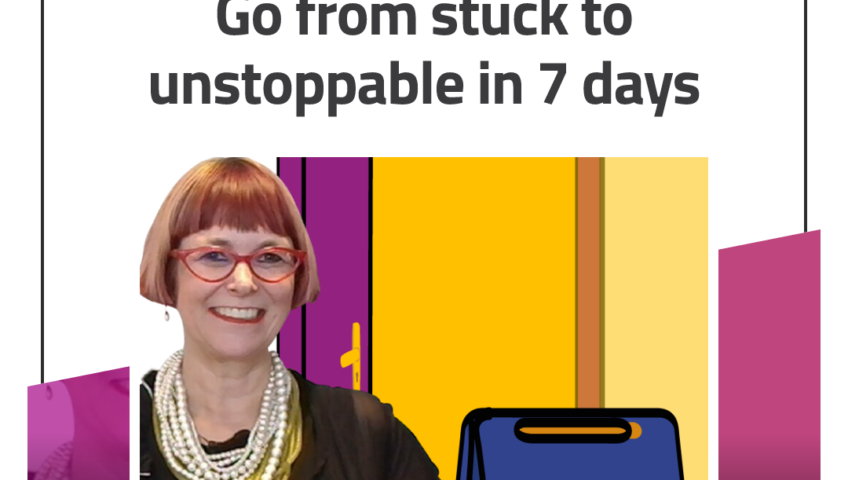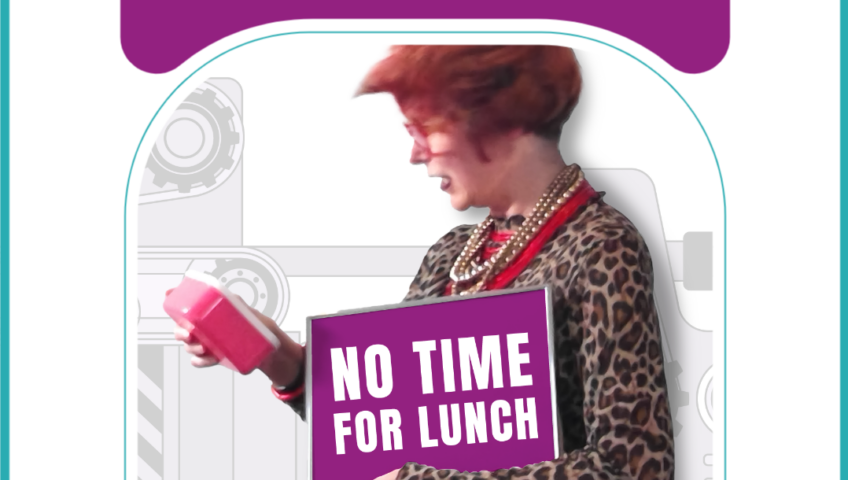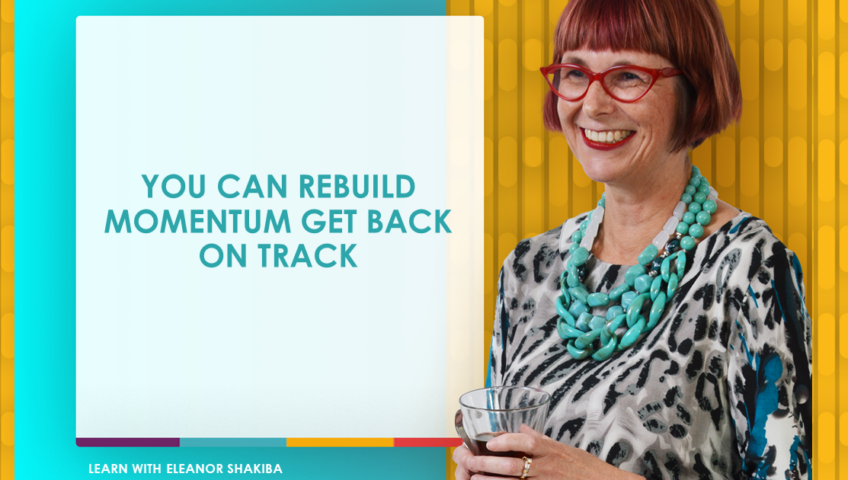No-one moves into management with the aim of becoming unheard and invisible. Yet, over half of new managers struggle to make a difference after being promoted. In my work as a leadership coach and trainer, I’ve noticed three key behaviours that distinguish struggling managers from high-impact leaders. These span the areas of communication, work paradigms and self-leadership. For example, in this week’s video I explain how a communication habit called ‘approval-seeking’ disadvantages female professionals.
There are three habits to watch out for if you want to have influence, impact and credibility in your management role. Let’s look at each of these now.
HABIT 1: approval-seeking
Now you might think that seeking approval before taking action is a positive trait, but it actually sabotages managerial success. After all, senior people are expected to be self-directed. A manager who asks for permission before making simple decisions is perceived to be struggling. A high-impact leader, on the other hand, takes initiative and acts confidently. This doesn’t mean being authoritarian or making reckless decisions, but it does mean taking action without constantly seeking validation from others.
HABIT 2: overworking
A second difference between struggling managers and high-impact leaders is their work paradigms. Struggling managers tend to focus on completing tasks, while high-impact leaders focus on achieving goals. This is why many new managers work excessive hours and still fail to meet their objectives. They are stuck in a mindset of ‘doing things’ rather than ‘delivering results’. Great leaders, in comparison, focus on the bigger picture and prioritise their time and energy accordingly. This allows them to achieve more success with much less stress.
Free e-book and video tips.
Get your copy today!

|
|
HABIT 3: doubting yourself
Finally, self-doubt is a common trait among struggling managers. If you often question your own ability or second-guess your decisions, you may be falling into this trap. High-impact leaders, on the other hand, have deep confidence and genuinely believe in their own capabilities. They are willing to learn from mistakes rather than trying to be perfect at all times. Plus, they surround themselves with a supportive network of mentors and peers who can help them grow as leaders.
So, if you want to excel in your managerial role, focus on improving these three key behaviours – communication, work paradigms and self-leadership. A great place to start is with a 360-degree profile tool, like the Leadership Circle Profile. This will help you identify your strengths and development areas in each of these categories. Then, you can work with a coach or mentor to create an action plan for stepping into your zone of leadership excellence.
If you’d like more information about the Leadership Circle Profile, check out my coaching page. It’s a tool I use in my management coaching and executive coaching programs. Or you can organise a workshop for leadership team.
This article was created by Eleanor Shakiba
Eleanor is a leadership trainer and success coach. Her mission is inspiring talented people to become leaders who make a difference. Since discovering her passion for training and development, Eleanor has trained more than 60,000 people. She delivers face-to-face workshops for corporates, online masterclasses for leaders and Positive Psychology retreats for trainers, HR practitioners and leaders.

